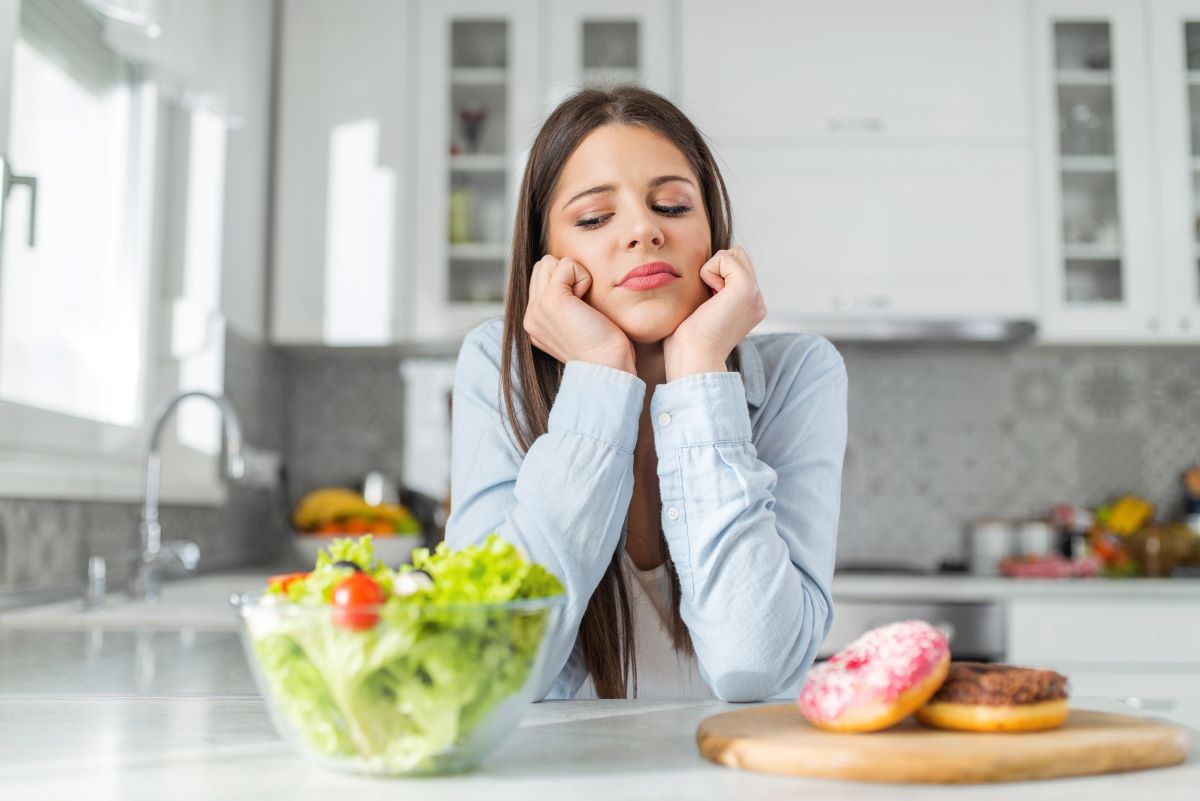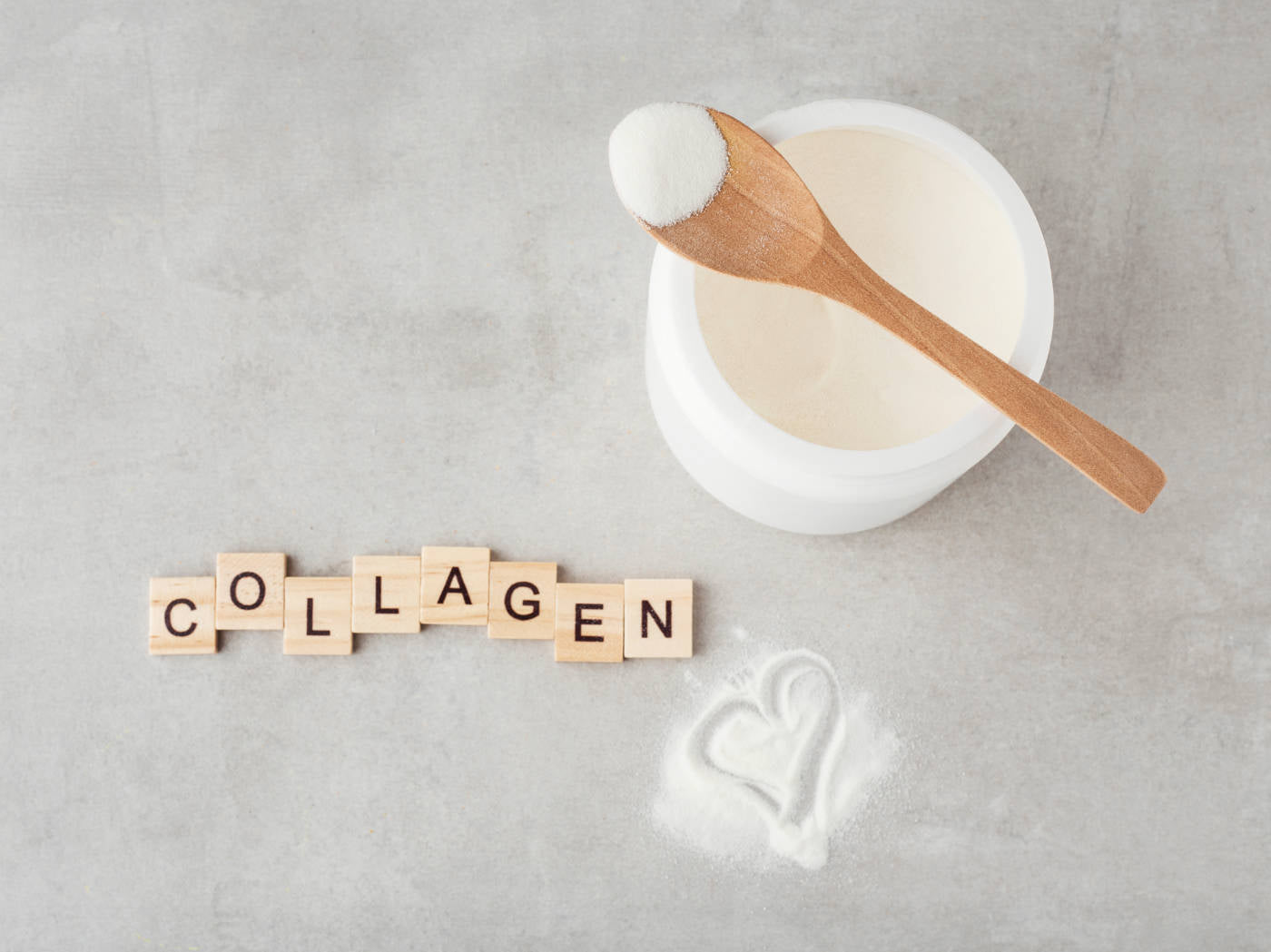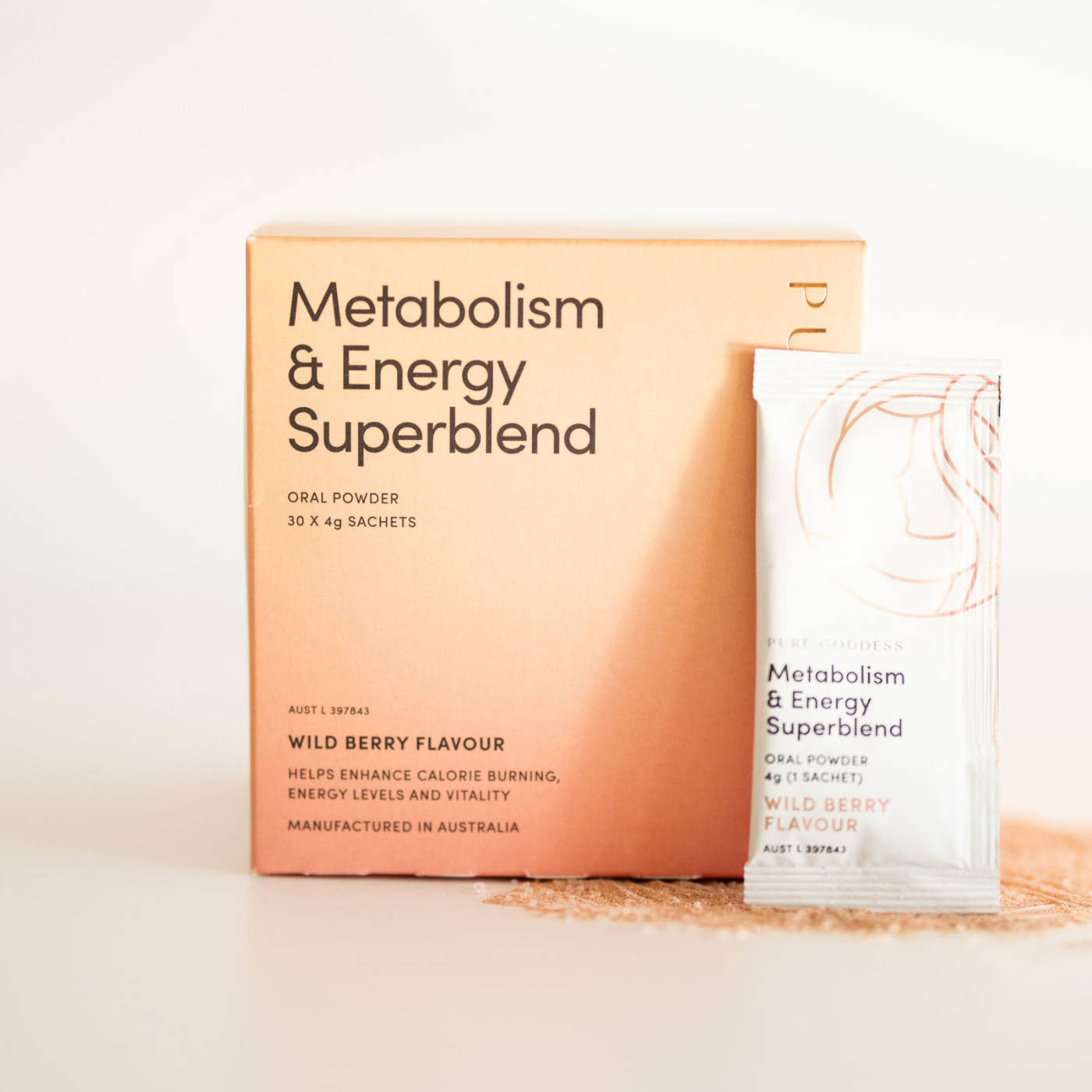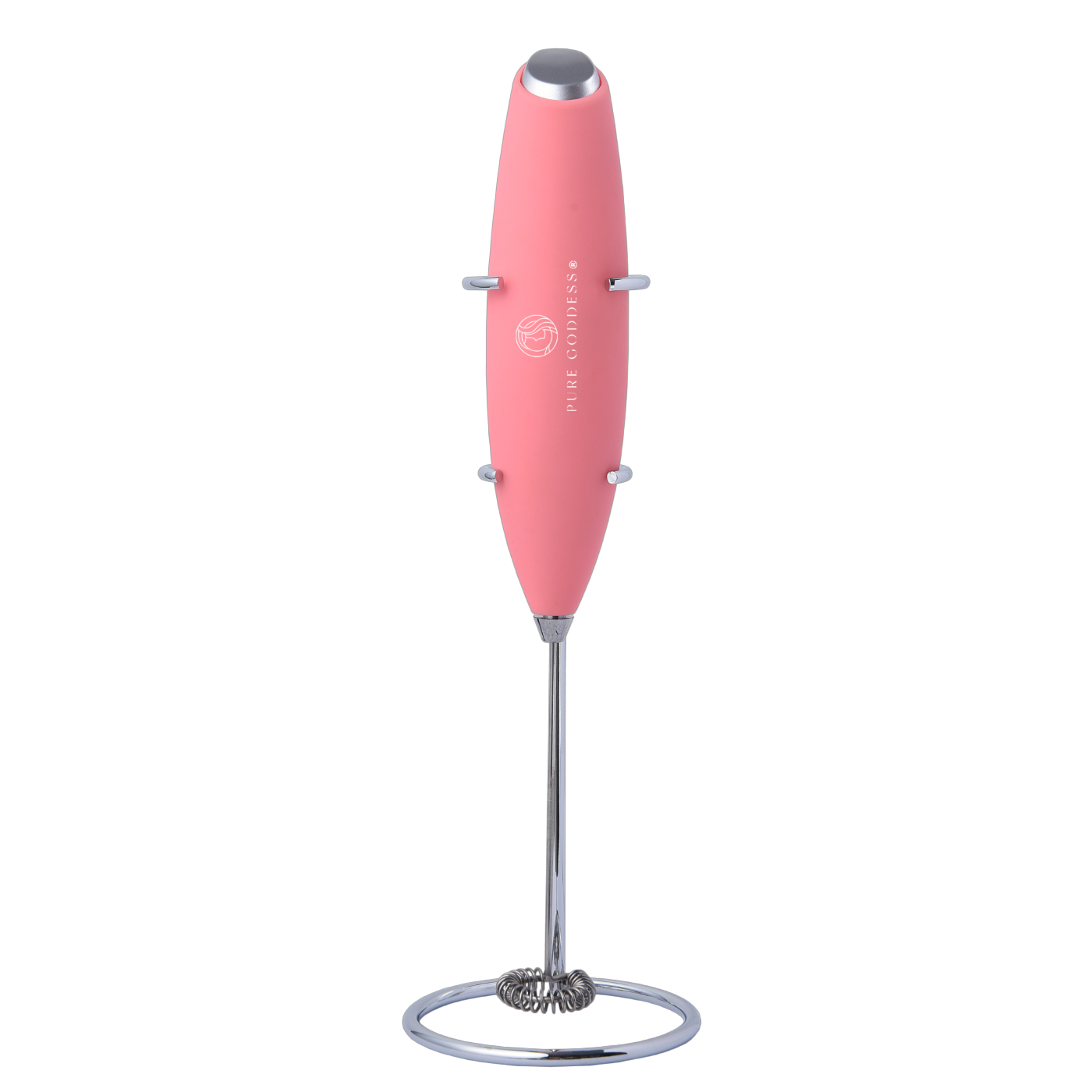
6 Easy ways to stop food cravings
What are food cravings and how do we stop them?
Food cravings are a sign that there is something out of whack in our bodies. A food craving is an intense urge to eat certain foods and they are often linked to emotions or imbalances within our bodies.
One of the main reasons your body sends signals to your brain to let you know you need extra food or that you crave specific unhealthy foods is often down to a lackluster diet that forces your body to crave more energy.
When you embark on a new diet and start to lose fat, your body will do everything in its power to maintain energy and balance.
This includes sending out powerful signals, aka cravings to make you want to eat.
Are food cravings bad for you?
When you experience increased stress levels, low blood sugar, excessive alcohol, fluctuating hormones and consume a poor diet, this can all lead to cravings for certain foods.
As humans and women in particular, we have those moments when we crave something sweet, spicy, savoury or salty and these cravings may increase just before your period makes an appearance. It's interesting to note, there is often a biological or physiological reason for these cravings.
Cravings are not bad for you per se, however, if you are already overweight with a whole host of health issues, allowing your body to give into cravings can mean you run the risk of adding to those issues.

If you are struggling to manage increased stress, hormones, emotions and overall health, you may find yourself constantly giving in to cravings. This can be detrimental to your health over the longer term, especially if you regularly consume unhealthy snacks that are high in sugar, high calorie, increased salt content or unhealthy fats.
While cravings are often a frustrating distraction, they can contribute to increased weight gain and negatively impact your mood leaving you feeling sluggish, unable to focus and always exhausted.

Am I craving because I'm hungry?
Changing your eating habits does require a certain level of self-discipline, however, it's not always that easy to take hold of those pesky cravings.
Food cravings come in many different forms – There's the weird pregnancy cravings of pickles and jelly, strawberries dipped in vegemite, to the midnight snacks, the pre-period snacking, or the sneaky bites of chocolate at any time of the day.
Food cravings are classed as different to the true hunger cues our bodies experience and feel like an intense urge to eat certain foods to satisfy us, so no, you don't experience cravings because you are hungry.
It's not your fault
A lack of willpower is often associated with food cravings; however, this can leave you feeling embarrassed, guilty and overwhelmed thinking that you don't have any control, when in fact there are some biological reasons behind cravings, below are just three of these.
- Stress
- Nutritional deficiencies
- Hormones
When you get to the root cause of your cravings you can then start to manage them.
Food cravings and stress
Evidence suggests that stress is often the most highlighted contributor to many health issues that impact our health negatively; food cravings are one of them.
Have you heard of the term stress eating? There is actually some evidential truth behind the term ‘stress eating’.
Often, in some cases stress can reduce your appetite however, over time if your body is put through constant stress the body's adrenal glands release the hormone cortisol.
When Cortisol is released, it signals the body to prepare to ‘fight or flight’ and floods it with blood sugar (glucose). This overload of glucose supplies the body's muscle groups with an immediate energy boost. Elevated cortisol levels are behind the increase in your appetite, and this gives you the urge to eat something sugary, sweet, fatty or high carb.
The heightened levels of cortisol in the body can force it into survival mode. This induces the production of fat cells which will cause a decline in your metabolism.
One way of supporting your metabolism is Metabolism & Energy superblend it contains Glucomannan, a natural plant fiber and hero ingredient that slowly expands in your stomach keeping you feeling fuller for longer. It has been shown in scientific studies to also substantially reduce food cravings and support metabolism.
Some forms of gentle exercise such as yoga or calming exercise for the mind (meditation) can help your body calm from the stress of daily life. This will have a positive impact on those cravings, mindfulness and meditation have been shown to improve our ability to resist food cravings and make healthier food choices.
Food Cravings and nutrient deficiencies
Cravings can often mean you aren’t eating enough of the right nutritional foods your body needs to thrive. A food craving can be your body shouting at you that it requires a nutrient that you are deficient in.
Magnesium: When you're low in magnesium, it could see you reaching for the chocolate box.
To increase your intake of magnesium naturally, eat lots of fresh green leafy vegetables and foods such as bananas, brown rice, avocado, legumes, and swap milk chocolate for dark chocolate.
Magnesium is a major player in how your body processes and breaks down carbohydrates to help your body control your blood sugar levels.
Protein: Foods that are high in protein are absolutely amazing for your body and they can help you curb those sugar cravings.
When you eat a diet rich in protein you increase dopamine levels in your body. Dopamine is known as the feel-good hormone so not only do you feel great, but your food cravings will decrease.
B Vitamins: help the body to convert food into energy. If you experience vitamin B12 deficiency, you often crave meat in your diet. This deficiency can also cause you to become anaemic which in turn will leave you with no energy.
A Vitamin deficiency in B9 can leave you feeling exhausted, weak, unable to focus. You may experience cravings for pastries, crackers and bread.

How to overcome nutrional deficiencies
There are a few things you can do to reverse vitamin deficiencies in your body.
- Naturally through your diet - eating more fresh vegetables, fruits, legumes, nuts, seeds and grains to name a few.
- Take natural vitamin & mineral supplements - there are a wide number of vitamins on the market. Do your research to find out what is right for you.
- IV vitamin treatments - Intravenous vitamin therapy treatments are becoming quite popular and a great way to increase your vitamin levels fast. They are quite invasive; however, they are reported to be an amazing treatment option for someone that has vitamin deficiencies that are affecting the function of their daily life.
Food cravings and hormonal imbalance
Hormonal imbalance can have an effect on the food cravings that we experience.
Hormonal imbalances can occur when there is either an increase, excess or a lack of hormones in your body. Often, hormonal imbalances can cause food cravings, and in some cases can cause increased weight gain.
As we discussed earlier, not only does the hormone cortisol increase cravings, there are other hormones that can also contribute to cravings for certain foods. Food cravings can often stem from an array of emotional, physical and behavioral factors.
Insulin: Insulin is the hormone that is responsible for regulating your blood sugar levels. Cravings can stem from blood sugar imbalances. Insulin allows your body to use sugar (glucose) from the carbs you’ve eaten for energy.
If the amount of insulin in your body is not converting food into energy effectively then you can experience food cravings.
Ghrelin: Is referred to as the hunger hormone. The main role of ghrelin is to help regulate your appetite and signal you when you are hungry. Ghrelin levels increase prior to eating or during fasting. When you eat, your Ghrelin levels will fall.
Leptin: This hormone signals your body to let you know when you are full. The primary function of Leptin is to help you regulate your usual/normal weight. Low leptin levels can leave you feeling constantly hungry and never satisfied which can lead to food cravings. Leptin also increases cortisol that leads to additional hormone imbalance.

How to reduce food cravings
1. The obvious one - eat a balanced diet.
Eating a balanced diet that includes complex carbohydrates, healthy fats, and proteins can help you feel full and satiated, reducing your cravings for unhealthy snacks. Try increasing the amount of good fats in your diet such as avocado or olive oil, good fats are excellent for health and are a great way to prevent food cravings.

2. Keep hydrated: We can't stress this enough!
Drinking enough water can also help reduce cravings. Sometimes when you feel hungry, it is actually your body's way of telling you that you are dehydrated. So, make sure you drink at least 8-10 glasses of water per day.
3. Increase your fiber intake.
Eating foods that are high in fiber can help reduce cravings by keeping you feeling full for longer. Examples of high-fiber foods include fruits, vegetables, legumes, and whole grains. You can also get fiber from supplements such as Metabolism & Energy Superblend which gives you an extra 3 grams of high-quality soluble plant fiber per day.
Taking a good quality fiber supplement can be a secret weapon against the fight to stop food cravings. Supplements like the Superblend work by slowing down gastric emptying which means you will feel fuller for longer and food cravings will be curbed along with appetite.
4. Get enough sleep.
We all have crazy lives but where possible take a nap. Lack of sleep can lead to increased food cravings for unhealthy snacks. Aim for at least 7-8 hours of sleep per night to help reduce cravings, easier said than done right!
5. Practice mindful eating.
Paying attention to your food while eating and eating slowly can help you enjoy your food and feel satisfied, reducing the need to snack. Chewing your food slowly gives your digestive system and digestive enzymes time to work and do the job they are supposed to. Eating slowly and enjoying your meal will decrease the craving for unhealthy snacks after your meal.
6. Meal preparation.
Planning your meals ahead of time can help reduce the likelihood of impulsive snacking. Make sure your meals are balanced and include healthy snacks like seeds, nuts or yoghurt.
Sometimes, you can satisfy your cravings with healthy alternatives. For example, instead of reaching for a huge bag of chips, try munching on some nuts or baked sweet potato or vege chips. Instead of ice cream, try making a smoothie with frozen fruits and coconut or Greek yoghurt.
So, if you have got this far and feel you are reading about you and your struggle with food cravings, set about making changes to your diet and reap the benefits.
It is possible for you to curb your food cravings whilst being healthy. By following the tips outlined above, you can reduce your cravings for unhealthy snacks, and instead, opt for healthy alternatives that can provide your body with the vital nutrients, vitamins and minerals it needs to function at its best.
Sounds like a cliche but consistency is key!






Leave a comment
This site is protected by reCAPTCHA and the Google Privacy Policy and Terms of Service apply.